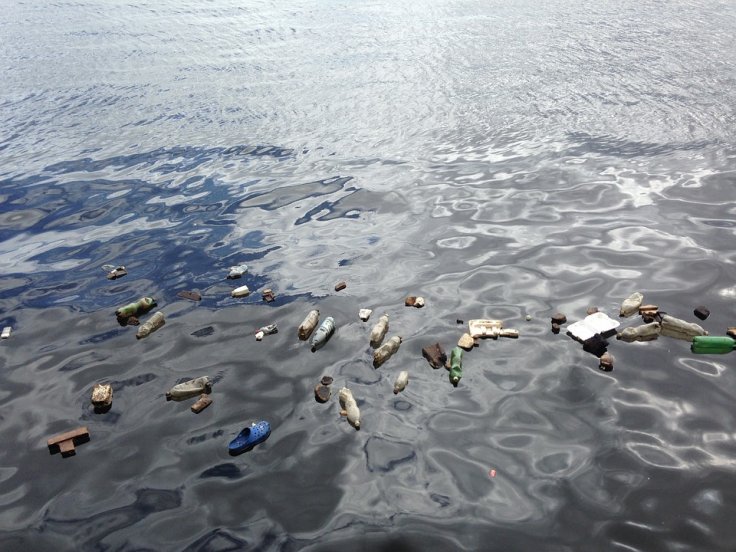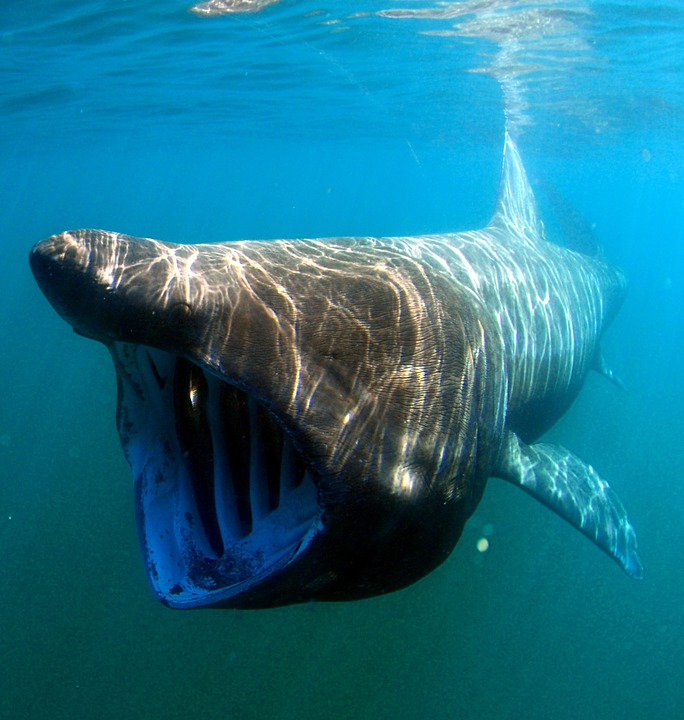
A new study conducted by researchers at the Murdoch University, Australia has found the risks posed by microplastic wastes on marine animals like whales and shark species.
According to the study conducted in collaboration with the Marine Megafauna Foundation in Indonesia, ocean giants including whales and sharks are facing significant risks due to the uncontrolled plastic dumping on the water world.
The new study revealed that plastic pollution is slowly turning more harmful, and in the course of time, it can lead to stunted growth, reproductive problems and altered development among these marine animals. The study report is published in the Journal Trends in Ecology and Evolution.
As per the study report, marine animals like baleen whales and basking sharks feed on tiny particles of indigestible plastic which may drastically affect their health and future reproductive abilities. The intake of microplastic will also block their ability to absorb nutrients and will have toxic side effects in the long run.

The researchers also revealed that the global microplastic pollution hotspots are the Gulf of Mexico, the Mediterranean Sea, the Bay of Bengal and the Coral Triangle.
"Marine filter-feeders are likely to be at risk because they need to swallow hundreds to thousands of cubic meters of water daily in an effort to capture plankton. They can ingest microplastics directly from polluted water or indirectly through contaminated prey," said Elitza Germanov, lead author of the study, reports The Hindu.
Elitza Germanov also added that the full magnitude of risks of ingesting microplastics is yet to be completely investigated.
Prof Maria Fossi of the University of Siena in Italy, the co-author of the study, said that the presence of toxins from microplastics in the body of whales has been proved.
"Our studies on whale sharks in the Sea of Cortez and on fin whales in the Mediterranean Sea confirmed exposure to toxic chemicals, indicating that these filter feeders are taking up microplastics in their feeding grounds," said Fossi, reports BBC.









